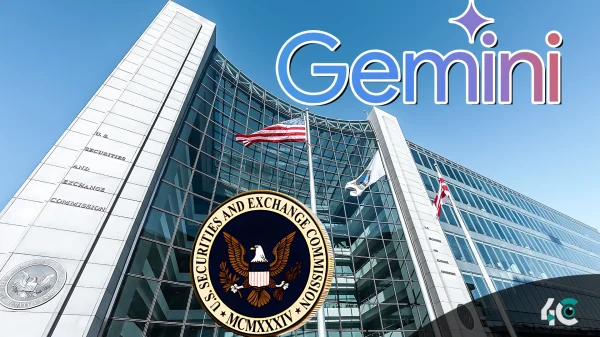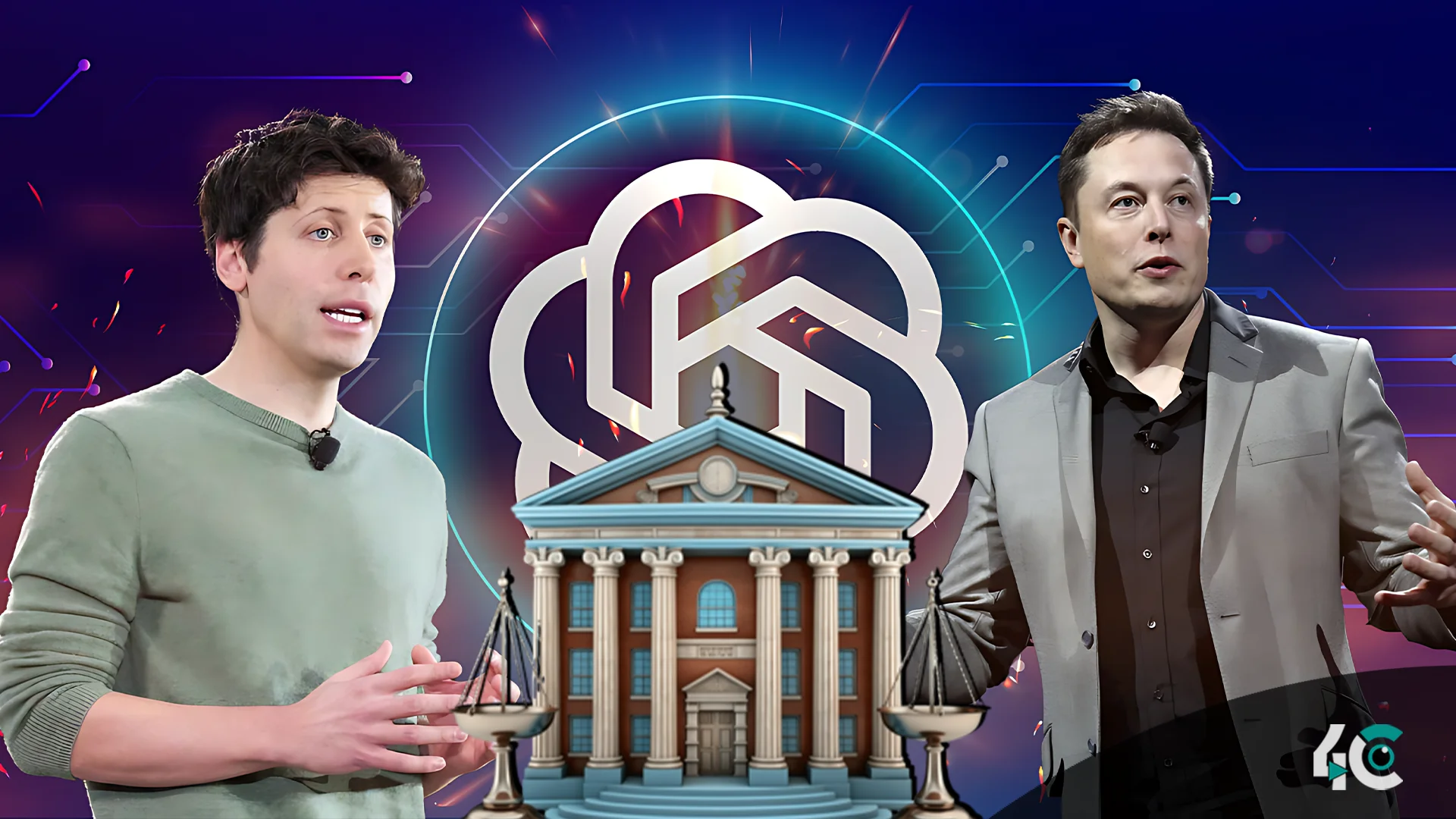Elon Musk is suing to prevent OpenAI from becoming a for-profit organization, which he believes contradicts the company’s initial nonprofit objective. Musk, who co-founded OpenAI in 2015 but resigned in 2018, claims that the company’s current direction threatens its core purpose of improving artificial intelligence for social benefit.
In a recent court filing, Musk accused OpenAI, its CEO Sam Altman, and its principal investor, Microsoft, of engaging in predatory actions that limit competition and consolidate control of the generative AI market. According to Musk, exclusive agreements between OpenAI and Microsoft have allowed the two companies to control roughly 70% of the market, posing substantial challenges to rising competitors such as Musk’s AI startup, xAI.
Musk also attacked OpenAI’s restructuring, stating that its decision to create a for-profit subsidiary contradicts the nonprofit goal it originally stated. Musk believes this model prioritizes money over public benefit goals, despite OpenAI’s claims of commitment to its philanthropic core and its use of its for-profit subsidiary to attract investment and talent.
In addition to questioning OpenAI’s conversion, Musk’s motion raises larger worries about hasty AI development and the possible hazards to public safety. He has requested that the court impose an injunction to block OpenAI’s restructuring and prevent agreements that allegedly prohibit its investors from backing other enterprises, which Musk believes violate antitrust rules.
OpenAI has slammed Musk’s charges as false, noting that his repeated legal actions are futile. The organization has also accused Musk of using the judicial system to obtain a competitive advantage for his rival AI business, xAI.
This court case highlights the increasing tensions in the AI business as corporations compete to control a fast-changing market. While OpenAI maintains its position as a pioneer in the area, Musk’s challenge raises critical concerns about accountability, competition, and the ethical development of AI.














































